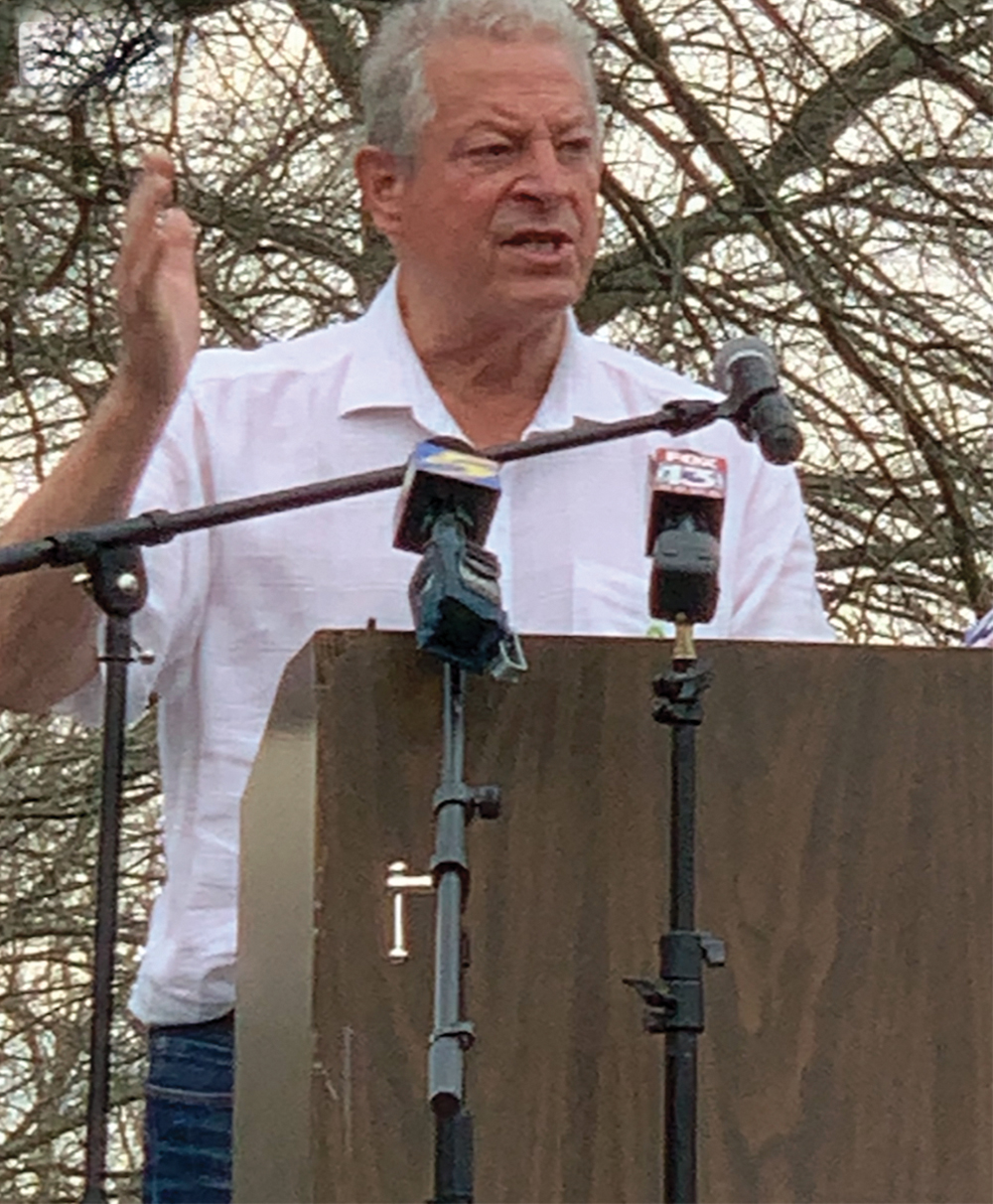There are, strictly speaking, no “off” years in politics. The conspiring, conferencing, conniving, and cajoling is always going on at some level. But, for one year out of every four, Shelby County takes a reprieve from electioneering as such — at least of the regularly scheduled kind.
2021 was such a year. After the “blue wave” county election of 2018, the Memphis city election of 2019, and the Covid-inflected presidential election year of 2020, the local electorate got to take a breather of sorts. As did the population at large, as vaccines emerged to hold off successive iterations of a truly stubborn — and seemingly intractable — coronavirus.
Early on, Tennesseans got to shelter in a cocoon of relative peace and quiet, remote from the turmoil of January 6th and the subsequent second impeachment of Donald Trump. Tennessee — almost boringly reliable from the Republican point of view — was not one of the states seriously afflicted with post-election GOP attempts to pass regressive “election integrity” bills.
The legislative fights to come largely involved the attempts by Republican Governor Bill Lee and his partymates in the General Assembly to restrain the more proactive anti-Covid efforts of health agencies in home-rule counties like Shelby and Davidson. Memphis state Senator Raumesh Akbari spoke for many when she condemned the “lax response” to the pandemic by Lee, whose interventions, she said, “started too late, ended too early, and did too little.”
After some early miscues in the county health department’s supervision of local vaccination, the City of Memphis took over responsibility for the effort.
Fights raged both statewide and locally over the right to prescribe public-health measures, with there being a correlation between self-described “conservatives” and opposition to mandates. In the end, the state legislature in special session would impose curbs on local initiatives, though the courts would preserve a measure of autonomy for school districts. The GOP supermajority had meanwhile eliminated curbs on gun carry, declared war on the wholly illusory menace of critical race theory, and extended partisan controls over state appeals courts.
Locally, the “Battle of Byhalia” was a grassroots rebellion, which saw local activists like youthful Justin Pearson unite with such celebrity politicians as former Vice President Al Gore to block the construction of a petroleum pipeline through a South Memphis neighborhood over the grounds of the Memphis water aquifer. A follow-up victory, in a long-running legal fight with Mississippi, was a federal court decision confirming Memphis’ sole ownership of the aquifer beneath its soil.
The courts were kept busy. With another election year just around the corner, a special judge lowered the boom on the lucrative practice of sample voting ballots, barring any further ones from dissembling as official party recommendations.
Meanwhile, the Election Commission and County Commission continued to disagree over the right type of new voting machines and were locked in litigation. And two state senators from Shelby County, Democrat Katrina Robinson and Republican Brian Kelsey, faced felony charges.
